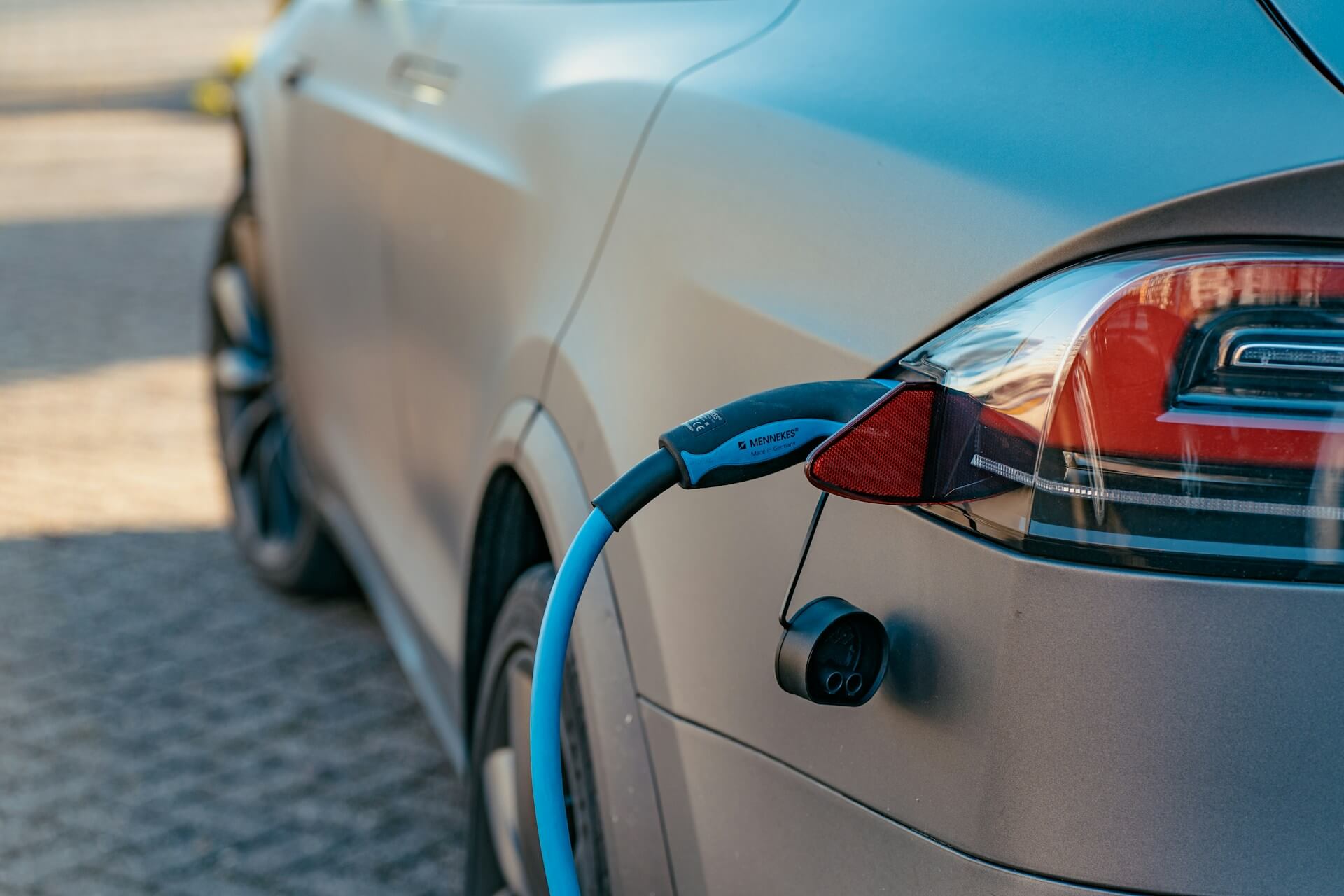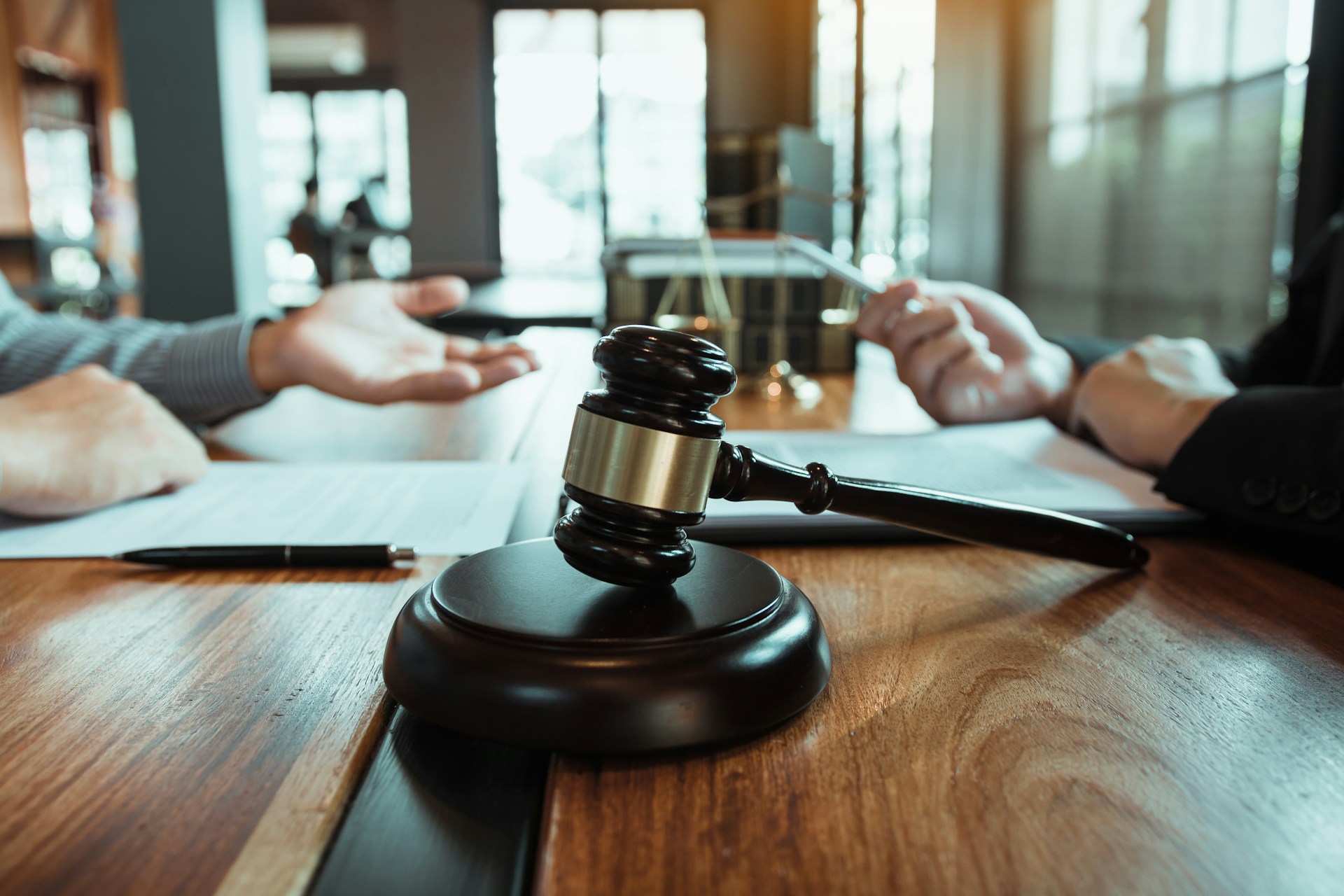Contents
A manufacturer buyback is a situation when an automaker has to repurchase a vehicle from a consumer. Persistent defects are the most common reason. These repurchases reduce a vehicle’s value by 20-30%. Thus, a logical question arises: What is a manufacturer buyback? Every person should realize that these vehicles carry branded titles throughout their lifecycle.
What Is a Manufacturer Buyback and Why Does It Happen?
Most repurchases occur under state Lemon laws. They safeguard consumers who’ve purchased defective cars. A Lemon law buyback is specifically triggered when repairs under the manufacturer’s warranty fail repeatedly. Manufacturers may be required to purchase the vehicle, thus, it gets the reacquired status. Refunding the consumer’s money may be another condition. This return of money is a key aspect of the remedy process.
The process assists consumers in escaping the frustration of owning problematic vehicles. Manufacturers, in turn, may address serious quality concerns. Once bought back, these cars are often repaired and resold.
The Different Types of Buybacks
Such purchases fall into several categories:
- Lemon Law: Vehicles repurchased under state Lemon laws due to substantial defects.
- Voluntary Manufacturer: Cars are repurchased at the manufacturer’s discretion.
- Warranty: Cars reacquired due to persistent warranty issues.
- Goodwill: Repurchases made as customer service gestures.
Common Reasons for Manufacturer Buybacks

Persistent mechanical issues top the list of buyback triggers. Engine issues, transmission failures, and electrical system malfunctions represent common issues prompting repurchases. When these issues impair a car’s safety or value after multiple repairs, they often trigger Lemon law protections. Most lemon law buyback scenarios begin with problems covered under the manufacturer’s warranty.
Safety concerns represent another major purchase category. Cars with defects affecting critical safety systems may qualify for repurchase status even with fewer maintenance attempts. For instance, California, which has the nation’s strongest lemon law protections, allows for expedited repurchases when safety systems are compromised.
Are All Buyback Vehicles Defective?
Not all buyback vehicles suffer from permanent defects. In many cases, manufacturers successfully repair the issues after reacquisition. Some purchases result from intermittent issues that were difficult to diagnose but eventually resolved. Others happen due to compliance with strict state Lemon laws.
However, every person should remain aware that repurchase status indicates the car experienced significant problems previously. A thorough inspection can help determine if the car represents good value for your money.
Step-by-Step Breakdown of a Manufacturer Buyback

The typical repurchase process works as follows:
- Documentation of Defects: The consumer documents persistent problems.
- Formal Complaint Filing: The consumer requests a repurchase.
- Manufacturer Investigation: The car company reviews repair records.
- Negotiation Phase: Discussions regarding repurchase terms.
- Repurchase Execution: The manufacturer repurchases the car and returns the consumer’s money.
- Title Branding: The vehicle receives a “Lemon law buyback” designation.
- Maintenance and Disclosure: The manufacturer attempts repairs before reselling.
Title Branding and Legal Implications of Buyback Vehicles
Once a car undergoes a manufacturer buyback, it receives a permanent title. This branding appears on documents and vehicle history reports. California and many states maintain strict disclosure requirements, ensuring the status remains transparent (California’s requirements are particularly rigorous).
The title impacts the vehicle’s legal status, insurance options, and financing possibilities. Many lenders restrict loans for buyback vehicles, similar to restrictions on vehicles with a rebuilt title. Unlike standard used cars, these autos frequently need specialized financing.
What Are Lemon Law Arbitration Programs?
Lemon law arbitration programs provide an alternative dispute resolution pathway. Manufacturers often prefer arbitration. This procedure is typically faster and less costly.
Most programs require consumers to document their vehicle’s defects, maintenance attempts, and impairment of use or value. The process typically begins when a new car experiences persistent problems that cannot be fixed. California’s arbitration program is particularly consumer-friendly, with shorter timeframes and stronger presumptions favoring repurchase remedies. Arbitrators can award remedies including manufacturer repurchase or replacement car.
Are Buyback Vehicles Safe and Worth Buying?
Common Myths About Buyback Cars
Many misconceptions surround buyback vehicles:
- Myth: All such vehicles have dangerous defects – Many repurchases result from issues eventually repaired.
- Myth: These cars have no warranty protection – Most retain portions of their original warranty.
- Myth: Repurchases always develop the same problems again – Properly maintained repurchases often function reliably.
- Myth: Insurance companies won’t cover such cars – Most companies offer coverage.
How to Tell If a Buyback Car Is Safe to Buy
Determining a buyback vehicle’s safety requires research. Obtain documentation about the original defect and maintenance. Use a VIN decoder to access the history report. Have a mechanic inspect any potential purchase, focusing on systems related to the original defect.
When purchasing from a dealership, request to see all disclosure paperwork related to the repurchase status. Reputable dealerships will maintain complete documentation about the car’s history.
Which Automakers Buy Back the Most Cars?
Manufacturer repurchase rates vary across automakers:
- Domestic Brands: General Motors, Ford, and Stellantis.
- European Luxury Manufacturers: Mercedes-Benz and BMW.
- Economy Brands: Hyundai and Kia, particularly in California.
- Electric Vehicle Manufacturers: Tesla.
These buyback vehicles often appear at SCA auto auction events and specialized car auctions that deal with branded vehicles.
The Hidden Cost of a Manufacturer Buyback
Beyond the price discount, buyback vehicles carry several hidden costs. Accelerated depreciation represents the most significant expense—repurchases typically lose value faster. To calculate car depreciation accurately and save money, experts recommend using specialized formulas that account for the title status. While a new car with a clean title might retain 60% of its value after three years, a buyback with similar mileage might retain only 40-45%. This helps save money when it’s time to sell or trade in the car.
Financing can prove challenging, with many lenders charging higher interest rates. When selling, owners typically face a smaller pool of potential buyers.
Buyback Vehicles and Electric Cars

Electric vehicles present unique considerations in the manufacturer repurchase landscape:
| Aspect | Conventional Buybacks | Electric Vehicle Buybacks |
| Primary Defects | Engine, transmission, electrical | Battery, charging, software |
| Repair Complexity | Moderate to high | Very high (battery) to low (software) |
| Repair Cost | Generally predictable | Extremely variable |
| Depreciation Impact | 20-30% below market | 25-40% below market |
| Post-Repair Reliability | Generally good | Varies by system |
How to Protect Yourself When Buying a Buyback Vehicle
Questions to Ask the Seller Before Purchasing
The question “What is a manufacturer buyback?” is, certainly, important. However, when considering a buyback vehicle, pay attention to additional questions to ask and save money:
- What specific defect triggered the repurchase, and how was it maintained?
- How many repair attempts occurred before the repurchase?
- Has the vehicle experienced any recurrence of the original problem?
- What warranty coverage remains?
- Are repair records and repurchase documentation available?
- Has the vehicle required significant repairs unrelated to the repurchase?
- What disclosure requirements apply in this state?
The Importance of a Pre-Purchase Inspection
A thorough pre-purchase inspection is critical. Focus on components related to the original defect. Hire a specialist familiar with the specific make and model who understands common failure points.
Request diagnostic scans to reveal any stored trouble codes that might indicate recurring problems.
Summary
Manufacturer buybacks offer potential savings alongside increased risk. These cars carry titles that permanently affect their value. While price discounts attract budget-conscious shoppers, the title status follows these cars throughout their lifecycle.
For informed buyers willing to research, buyback vehicles can represent value. The key lies in understanding the defect history, verifying proper maintenance, and considering resale implications. With careful inspection, consumers can potentially save money on cars that have been maintained.
FAQ
Is a Manufacturer Buyback the Same as a Lemon?
A repurchase is the result of the Lemon law process. While all lemons that undergo buyback become manufacturer buybacks, not all buybacks are lemons. Some repurchases happen voluntarily outside formal Lemon law proceedings.
Does a Manufacturer Buyback Void Warranty?
A repurchase doesn’t automatically void the original warranty. In most cases, the remaining factory warranty transfers with the vehicle. Many manufacturers offer special warranty extensions on buyback vehicles.
What Happens When a Dealership Buys Back Your Car?
When a dealership executes a repurchase:
The consumer receives a refund minus a usage allowance.
The vehicle’s title is branded as a manufacturer buyback.
The dealership documents the defect and maintenance attempts.
Disclosure requirements must be met in any subsequent sale.
Can a Manufacturer Buy Back a Leased Vehicle?
Yes, manufacturers can purchase leased vehicles under Lemon law provisions. The manufacturer typically terminates the lease without penalties and refunds payments. Lease repurchases must follow all branding requirements.
Can a Manufacturer Buy Back a Vehicle Twice?
While legally possible, manufacturer buybacks rarely occur twice for the same vehicle. After the first purchase, the vehicle carries a branded title, creating clear documentation of its history.





